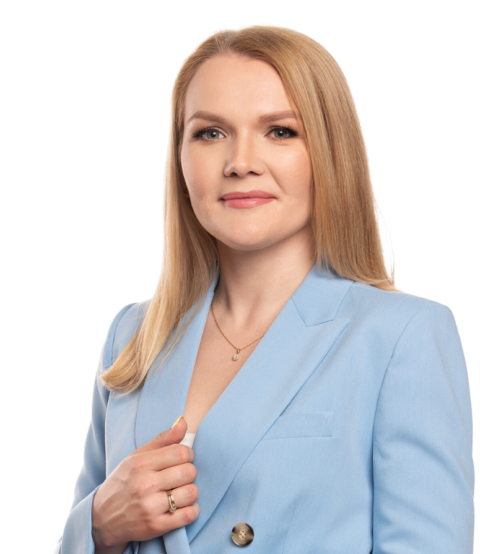Self-enrolment in the PPK (ECP)
As early as 28 February 2023 is the deadline for employers to inform employees who have opted out of participating in Employee Capital Plans to contribute again for that employee. What are Employee Capital Plans? Is it worth opting out of them?
What are Employee Capital Plans?
Employee capital plans colloquially known as “PPK” is a voluntary and private system created for the systematic accumulation of savings by a PPK participant for payment upon reaching 60 years of age and for other purposes specified in the Act of 4 October 2018 on Employee Capital Plans (hereinafter: the “Act”). Funds accumulated within the ECP are the private property of ECP participants. Saving within the ECP constitutes an instrument for the accumulation of the individual ECP participants’ own savings for use after their professional activity ends.
Contributions to ECP
Contributions made by an ECP participant are financed not only from the participant’s funds, but also from the funds of the participant’s employing entity, that is the employer. The amount of basic contributions and additional contributions is determined as a percentage of the ECP participant’s salary. The basic contribution financed by the employing entity is 1.5 per cent of salary. However, the employing entity may declare to make additional contributions of up to 2.5 per cent of salary.
The basic funded contribution made by an ECP participant is 2% of salary, provided that the contribution may be less than 2% of salary but not less than 0.5% of salary if the ECP participant’s salary earned from various sources in a month does not exceed an amount equivalent to 1.2 times the minimum salary. An ECP participant may also declare an additional payment of up to 2% of salary.
Self-enrolment in the ECP
Participation in ECP is voluntary. An employee who is not interested in participating in the scheme may resign from making payments to ECP by submitting a written declaration to the employing entity (this procedure applies to employees between the ages of 18 and 55; as regards persons who have reached the age of 55, enrolment in ECP is made upon their application to join the scheme; persons who have reached the age of 70 may not join ECP). The declaration contains data on the employing entity and the ECP participant and a declaration by the ECP participant that he/she is aware of the consequences of its submission.
However, the law provides for a cyclical auto-enrolment in the ECP again. This takes place every four years. The first auto-enrolment into the ECP took place in 2019, so the next one falls this year, that is 2023.
Accordingly, employers are required to inform employees who have opted out of the scheme by the end of February to re-contribute for those employees. The employee then has one month to resubmit his or her resignation from ECP participation in the form described above. If the ECP participant does not submit such an opt-out, the employing entity will make regular ECP contributions from 1 April 2023.
Authors
related posts
Can the contribution of shares in the form of a contribution in kind be treated as a disposal of shares benefiting from the CIT exemption for income of alternative investment companies (in Poland called: “ASI”)?
Can the contribution of shares in the form of a contribution in kind be treated as a disposal of shares benefiting from the CIT exemption for income of alternative investment companies (in Poland called: “ASI”)?Income of a Polish family foundation from its participation in a Luxembourg-based Societe en commandite speciale (“SCSp”) vs. CIT exemption.
Income of a Polish family foundation from its participation in a Luxembourg-based Societe en commandite speciale (“SCSp”) vs. CIT exemption.

